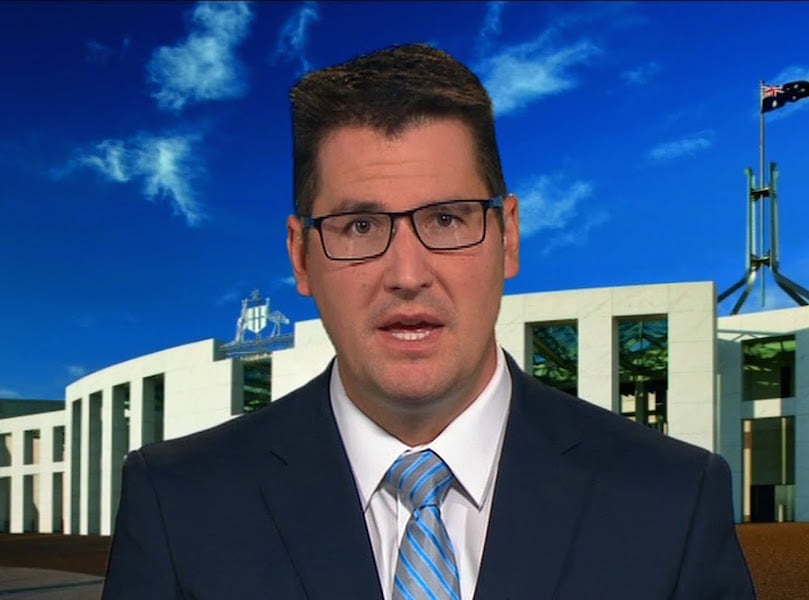Australia’s global innovation ranking has improved, moving up three places in the Global Innovation Index 2018 co-authored by Cornell University, INSEAD and the World Intellectual Property Organisation (WIPO).
Australia is now ranked at 20, a progress on last year’s results where Australia ranked 23rd. Switzerland, the Netherlands and Sweden topped the index, followed by the UK, Singapore and the US.
Finland, Denmark, Germany and Ireland filled out the top ten, with startup and IP powerhouses Israel and South Korea just outside.

The report found Australia’s strength lies mainly in its human capital and research capabilities, in particular education at tertiary level. The government’s online services and the ease of starting a business were also considered strengths.
But on the downside, Australia’s business sophistication and knowledge and technology output levels fell short compared to other countries, acting as a drag on its performance.
The report marked Australia’s innovation linkages, university and industry research collaboration, research talent in business enterprises, patents, and high-tech and ICT services export levels as weaknesses.
Other areas of weakness in Australia included the number of graduates in science and engineering and the ease of protecting minority investors.
However, from a global standpoint, Australia is not alone. According to the GII estimates, “year-on-year growth of corporate and public R&D spending is still mostly lower than it was before the [global financial] crisis.”
Assistant Minister for Jobs and Innovation Zed Seselja said while Australia’s global innovation ranking has improved, it reiterates the need for the federal government to continue to deliver its National Innovation and Science Agenda.
“The Coalition Government is committed to fostering innovation and supporting science and research across the economy,” Senator Seselja told InnovationAus.com.
“Our National Innovation and Science Agenda is an important long term plan that supports existing and new businesses to create and seize the opportunities made possible by technological and scientific advances.
“An improvement in our global innovation ranking is a welcome demonstration of our Innovation Agenda delivering results.
“There is more work to do, though, and central to NISA is providing opportunities for industry and the research sector to collaborate on innovative projects, such as through the $14.2 million Innovation Connections program, that has already seen in excess of 1500 small and medium businesses benefiting from expert advice and assistance with collaborating with the research sector.
“Likewise, the Government’s Cooperative Research Centres (CRC) Program has committed $4.6 billion in funding since its inception to support the establishment of 284 collaborations between industry, researches, and the community.”
From a regional perspective, South East Asia, East Asia and Oceania came in at number three, which was underpinned by the innovation levels of Singapore, Republic of Korea, and Japan.
Switzerland was ranked number one spot for the eighth consecutive year.
Meanwhile, some of the largest innovation leaps were made by China, which moved five spots from 22 to 17, making it the only middle income country in the top 25, and Israel moved up six positions to 11. Driving a majority of China’s innovation development levels were the areas that were marked as weakness areas for Australia.
The GII has described China’s rise in rankings as “spectacular”.
“China’s innovation prowess becomes evident in various areas. It shows some of its greatest improvements in global R&D companies, high-tech imports, the quality of its publications, and tertiary enrolment,” the report said.
“In absolute values, and in areas such as R&D expenditures and the number of researchers, patents, and publications, China is now 1st or 2nd in the world, with volumes that overshadow most high income economies.”
Do you know more? Contact James Riley via Email.

